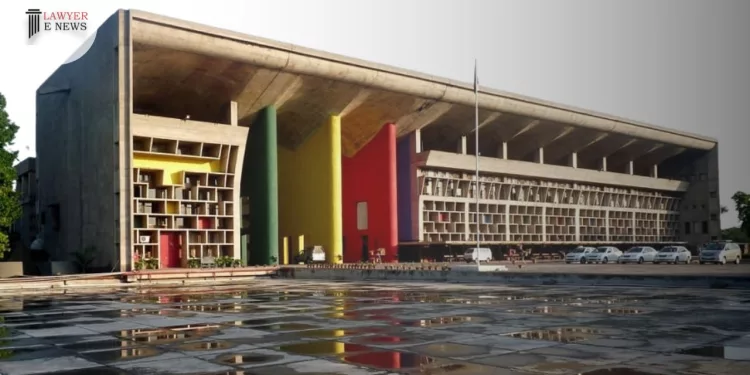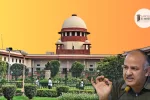An Oblique Effort to Obstruct Execution: High Court Dismisses Challenge Against Land Possession Decree

In a significant judgment, the High Court of Punjab and Haryana dismissed a revision petition challenging the orders of the Additional Civil Judge regarding the possession of land, emphasizing the inability of the Executing Court to delve into allegations of fraud once a decree attains finality.
The crux of the judgment lies in the High Court’s interpretation of the role of the Executing Court and the scope of revising its orders under Article 227 of the Constitution of India. The petitioner, Jaswinder Kaur, challenged the execution of a decree alleging fraud and asserting rights based on familial ties to the original landowner, Najar Singh.
The dispute centered around land initially owned by Najar Singh. The petitioner, claiming to be his cousin, asserted continuous possession since the 1970s and alleged fraud in the decree favoring the respondents. The respondents, on the other hand, claimed rightful ownership through a will executed by Najar Singh. The Executing Court had dismissed the petitioner’s objections as frivolous, leading to the filing of the current revision petition.
Justice Alka Sarin, while hearing the petition, noted that the petitioner failed to provide substantial evidence supporting her claims of possession or relation to Najar Singh. The court observed, “The present petition seems nothing but an oblique effort to try and obstruct the execution.” The judgment highlighted that the Executing Court is tasked with executing decrees that have attained finality and is not the forum to investigate allegations of fraud in obtaining these decrees.
The High Court, finding no merit in the revision petition, affirmed the orders of the Executing Court, emphasizing that the petitioner could not establish her claims with credible evidence. The court’s decision underscores the principle that execution proceedings cannot be used as a tool to revisit the final judgments or decrees, especially in the absence of substantial proof.
Date of Decision: 13th February 2024
Jaswinder Kaur @ Rashpal Kaur vs. Gurbachan Singh Mehat and Others






